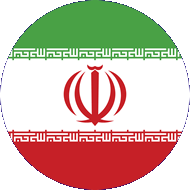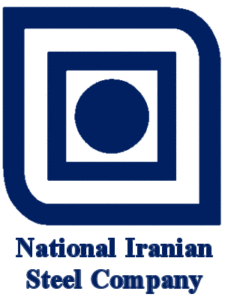Tranter has secured an order for a cutting-edge direct reduced iron (DRI), green steel plant set to be constructed in Germany. The DRI plant reduces its carbon footprint significantly by using green hydrogen and carbon capture, helping to achieve NetZero goals by 2030.
Tranter’s plate and frame heat exchangers will be used in the process to capture and separate the carbon dioxide coming from the energy intense steel production process. The order is for four large plate and frame heat exchangers in stainless steel with extra hard EPDM gaskets that will be used for heat recovery in the removal process of CO2 from a gas stream, carried out by absorption in a continuous process with regenerable solvents.
The plant is a direct reduced iron (DRI) plant and can reduce the carbon footprint significantly compared to traditional steel plants by utilizing green hydrogen as energy and post combustion carbon capture technology, hence an important step in reaching the NetZero goals by 2030.
“The subject of effective heat exchangers is getting more and more attention in the industry. The fact that our products are key components for the world to reach their NetZero goals by 2030 is both encouraging for our own workers and makes us feel proud about our company and our products,” says Thomas Cassirer – Director Global Energy Segment.
Tranter’s heat exchangers will operate as lean/rich solvent interchanges and the lean solvent heat exchanger is part of the amine preparation before and after the carbon dioxide absorption. Efficient heat transfer is crucial for effective carbon dioxide absorption and for amine regeneration. Tranter’s ThermoFit plates (GT-series) with the Omniflex plate pattern is a perfect fit for post-combustion carbon capture applications, as they are specifically designed for heat recovery duties capable of handling high NTUs without sacrificing too much pressure drop. Both are essential in the absorption process, the solvent absorbs carbon dioxide but is also an aggressive contaminant. This makes the material selection a key parameter for the operational economy of the plant. Tranter’s references from similar applications and proven expertise in the carbon capture application helped the customer to find suitable material without sacrificing too much on the capital expenditure of plant.
“Tranter’s vast experience in amine applications and references on what special materials work well in the process was a key factor to gain the customer’s trust. Tranter’s local presence with our factory in Sweden and our service center in Germany was considered an added value for the end-user, making Tranter the first-choice provider for plate heat exchangers in this important project,” declares Fredrik Nyström – Sales Manager EPC Europe.
The heat exchangers were ordered by an Italian EPC contractor in the metal and mining industry and will be manufactured in Tranter’s factory in Vänersborg, Sweden.




